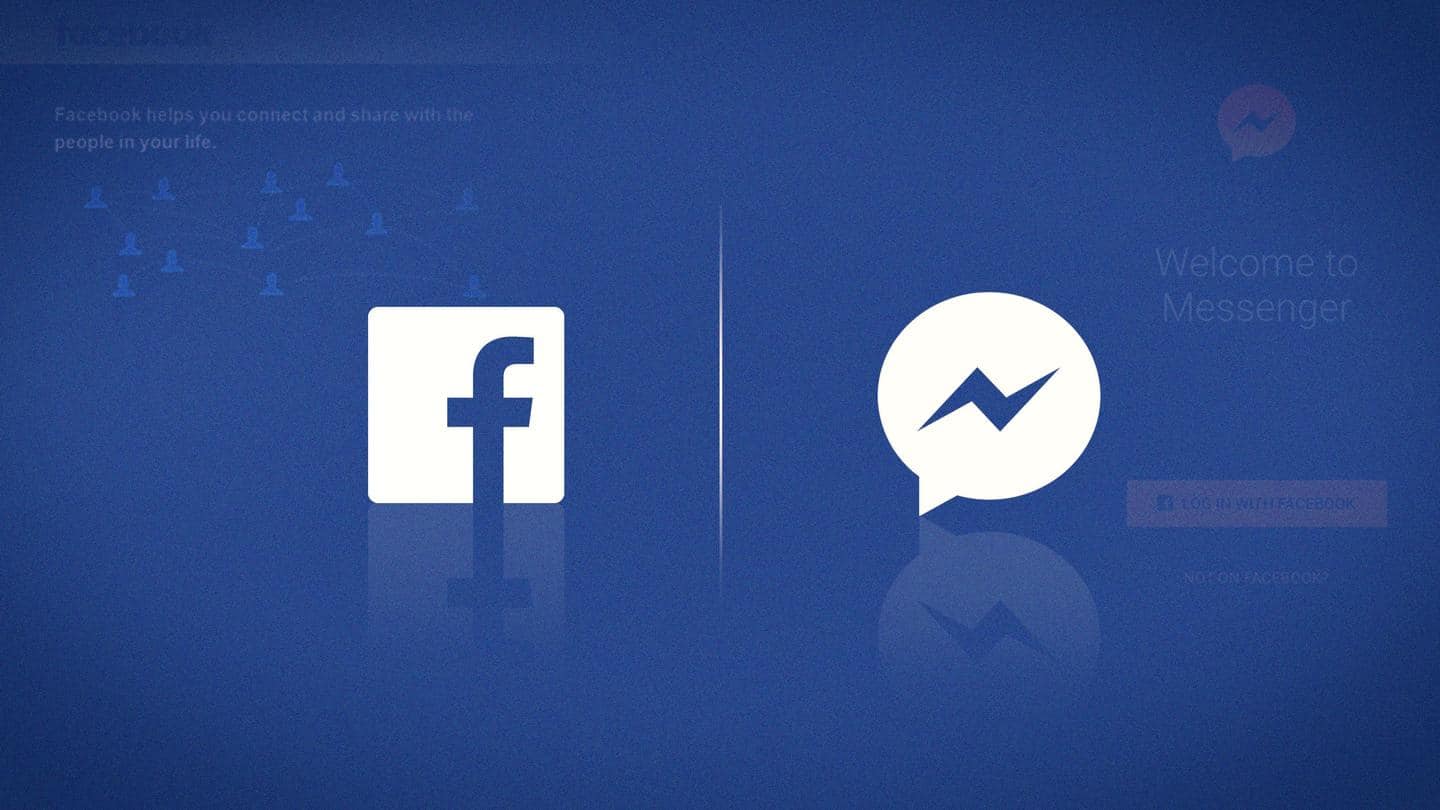
Facebook spotted testing voice, video calling using main app again
What's the story
Mark Zuckerberg-led Facebook first created Messenger as a spin-off in 2011 and officially transferred support for voice and video calls from the main Facebook app to it in 2014.
Now, the social media company is testing a reintegration of voice and video calling with the main Facebook app so users don't need to switch between the two apps often.
Here are more details.
Illogical?
Messenger is a dedicated app to call, message Facebook friends
Yes, reintegrating voice and video calling with the main app makes about as much sense as Messenger's creation did, back in the day.
When Facebook axed Messenger's features from the main app in 2014, users were compelled to download Messenger to be able to message and call their friends.
Since then, Facebook has introduced calling on other products including Portal and Oculus products.
Details
Facebook is currently testing the reintegration in US, other countries
The Verge reported that Facebook hasn't shared if other Messenger-exclusive features will also be reintegrated into Facebook's main app, but Messenger's Director of Product Management Connor Hayes said that "you're going to start to see quite a bit more of this over time".
Presently, Facebook is only testing voice and video calls (via the main app) in "several countries, including the US."
Deeper roots
Facebook could be consolidating its presence in social media business
For now, Facebook advises people to continue using Messenger for calling and messaging their friends.
Facebook claims that users will have to switch between apps less often. However, we suspect it's a step to make it a business giant that's harder to destabilize.
We think it could also have something to do with Zuckerberg's vision of transitioning Facebook into a "metaverse company".
Tighter knots
Company believes a unified infrastructure will keep users hooked
Facebook reportedly believes that a unified messaging infrastructure will keep its users connected to the ecosystem and keep at bay the temptation of using alternatives like iMessage.
The unified infrastructure essentially means deep-running interlinks between Facebook and its subsidiaries so antitrust suits find it harder to break the company's stronghold on the social media industry.